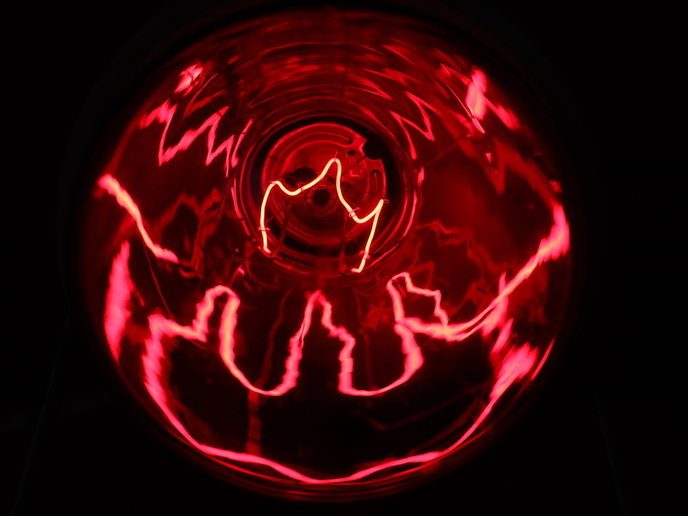Composite pulses make for error-free quantum computing
To develop their full potential, quantum computers will need to meet specific criteria: They need to have a considerably high number of qubits and be capable of processing errors. Qubits are particularly prone to errors: a passing radio wave or a flash of light is enough to disrupt its quantum state and cause havoc with a quantum computer’s calculations. More accuracy in quantum computations Undertaken with the support of the EU-funded Marie Skłodowska-Curie fellowship, the COPQE project conducted breakthrough research on reducing environmental noise and optimising control over qubits. The project's novelty lies in the development of composite pulses, a quantum engineering technique capable of correcting any errors present in quantum information processing. This fault tolerance was achieved using quantum error correction, where information is encoded redundantly, enabling error detection without destroying quantum data. “Composite pulses boast several advantages: They give qubits – independently of their initial state – an incredible level of control, precision and insensitivity to the presence of errors. They also help create high-fidelity quantum states of qubits sent down in defect integrated photonic waveguides,” notes project coordinator Dr Elica Kyoseva. Composite pulses demonstrated a negligible loss of fidelity – the precision rate was above the limit of 99.99 % for quantum information processing – with minimal pulse overhead (the smallest sequence contained only two pulses). ‘Lighting’ the way to quantum computing The research conducted by COPQE strengthens the power of integrated quantum photonics on quantum computing. Integrated quantum photonics – the science of generating, manipulating and detecting light in regimes where it is possible to coherently control photons – is a fundamental field in exploring quantum phenomena. Due to photons being particularly attractive carriers of quantum information, quantum photonics is also expected to play a central role in advancing quantum information processing. “Project results will form the cornerstone platform to experiment with various protocols for quantum information processing. They also bring high-fidelity quantum computing in integrated photonic circuits closer to practical reality,” Dr Kyoseva points out. As she further describes, composite pulses were initially developed to mitigate fluctuations in the strength of the driving oscillating field in nuclear magnetic resonance. Since then, they have attracted considerable interest in quantum engineering due to their robustness against errors. So far, no composite pulses have been realised in integrated photonics systems. Quantum computing impact Being able to run processes in parallel compared to classical computers, which perform tasks sequentially, quantum computers will analyse big data and solve complex optimisation problems significantly faster. “Quantum computers have a huge potential to redefine existing industries including quantum computing security, financial services, drug development, material science, pharmaceuticals and other data heavy industries. To this end, a lot of effort is dedicated to pushing the technology beyond the realms of laboratory to emerge into reality. The most significant roadblock is the extreme sensitivity of quantum systems to their surrounding environment which significantly reduces the accuracy of quantum operations and destroys quantum computations,” notes Dr Kyoseva. A lot of science and engineering is still required to improve qubit stability. Reducing noise and optimising the error control over the qubits is a significant step towards this direction. Project methods for qubit control based on composite pulses are highly relevant to error-free quantum information processing.







